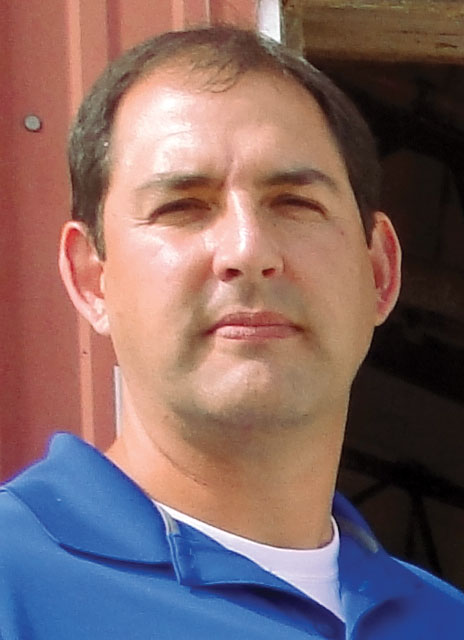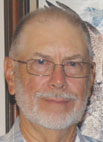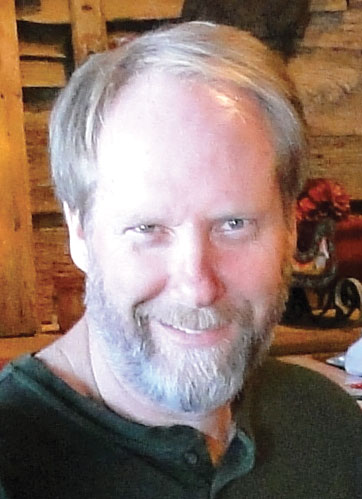
Bobby James from Green Forest, Ark., balances four jobs.
The first three jobs are agriculturally related: raising turkeys, growing commercial hay, and serving as a distributor for Eco-Concept Incinerators. Bobby decided to become a distributor after purchasing one of their incinerators to replace his composting facility. He found it so much more efficient than composting that he wanted to help other poultry growers save time as well. His last job is working almost full-time for the city of Green Forest.
Bobby’s wife Tiffany does marketing consulting work for Ozark Physical Therapy in Berryville, substitute teaches for Green Forest Public Schools handles, all the bookkeeping for the farm and is devoted to raising their children, 11-year-old Reese and 6-year-old Brooklyn.
Tiffany was very reluctant about moving to the farm after Bobby’s father Jerry passed away.
“Even though raised in the country, I did not grow up on a farm,” she explained. “We were living in Springdale with wonderful jobs, a nice home, financial security and able to go on vacations. I was worried. After passing through a ‘valley of unknowns,’ I saw God had us exactly where he wanted us and have no desire for what we left behind.”
When the couple returned to the 90-acre farm, the operation was a combination of turkeys and cattle, with time management a significant factor. Bobby put pencil to paper in 2008, showing his mother Peggy that switching from cattle to hay production made sense for them, especially since he had a local broker to purchase as much as Bobby could raise on the 70 acres available. Another factor contributing the switch was that Bobby uses deeper winter litter and bedding from the turkey houses as fertilizer in the spring, which offsets haying inputs. In addition, Bobby distributes Bermuda seed on the floor of the house he uses for own fertilizer before placing the bedding so that when the house is cleaned out, reseeding and fertilizing occur simultaneously. Finally, the farm already had its own haying equipment. Peggy agreed and the 40-cow commercial herd, as well as the bull, was sold.
Bobby explained the biggest change in the industry is the turkeys themselves and most of the change is due to genetics tremendously increasing efficiency.
The first system at the farm was free range and was used by Bobby’s father until 1991. The system was extremely labor-intensive and allowed for only two flocks a year due to weather constraints, and constant predator issues.
When Bobby was 10, his father built the turkey houses, and for the next six years the farm operated as two-stage and free range. A two-stage system is where a farm is never without birds. A flock of newly hatched poults are delivered to a brood house and raised for six weeks before being divided into two flocks, one for each of the two, 18,000-square-foot range houses, where birds are kept for 10 to 12 weeks or until they reach their target weight.
Butterball worked on the health issue in North Carolina and in 2013 began instituting a revised system where brooding and finishing occur in different facilities. Poults are raised in one facility and transported to a finishing facility in clean trucks, where the birds are raised to their target weight. If a health issue arises, the farmer can enhance the cleaning process and eradicate the problem. If the issue is serious enough, the farmer will not have a disruption in the number of flocks per year. The biggest transition issue from two-stage to single stage facilities was matching the number of brooding facility birds to finishing facilities so that sizes were compatible. Initially the time between flocks was as much as six weeks but now routinely lasts from 2 to 4 weeks. That length of time is another bio security measure because it promotes the natural death of disease factors.







